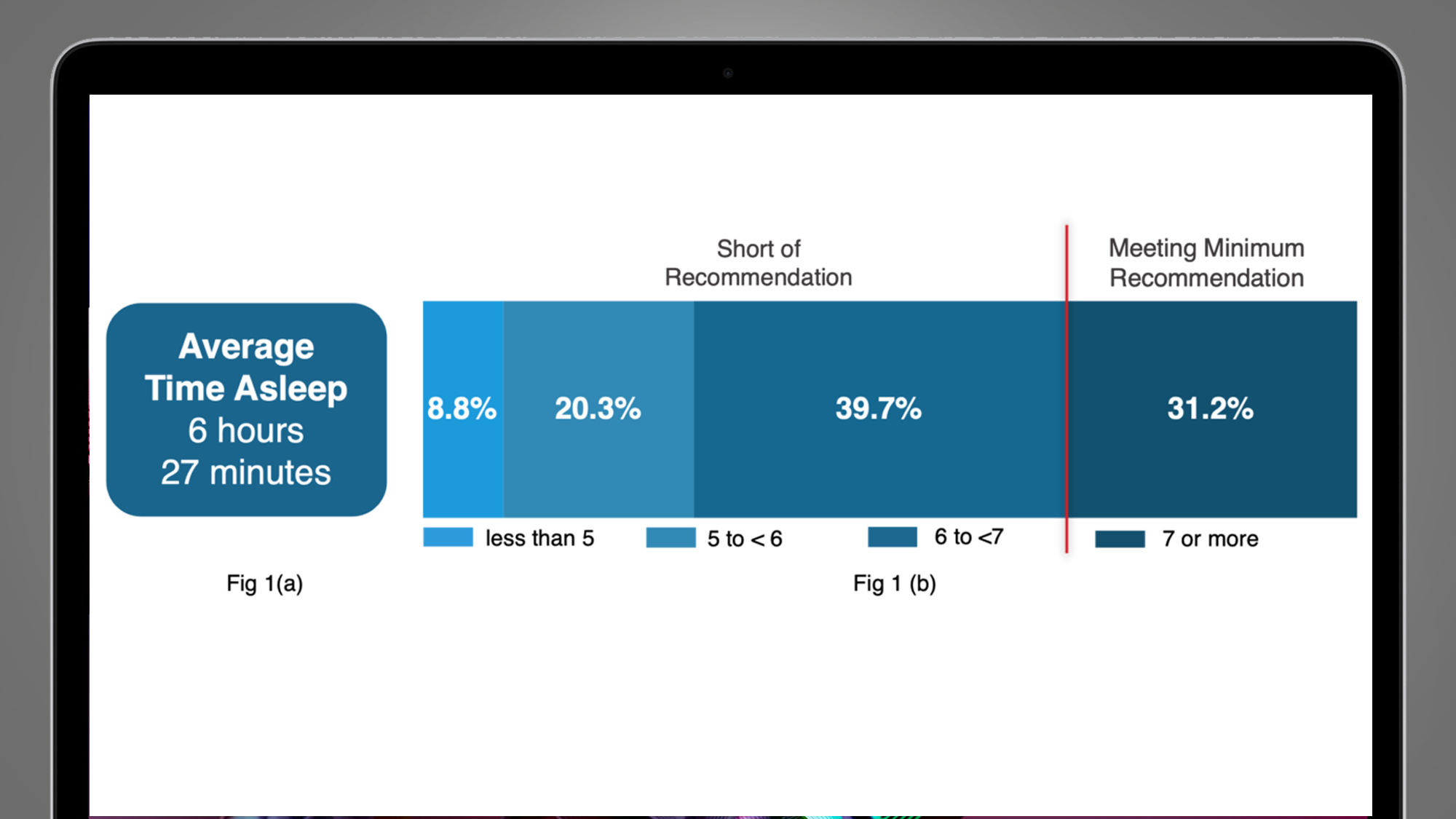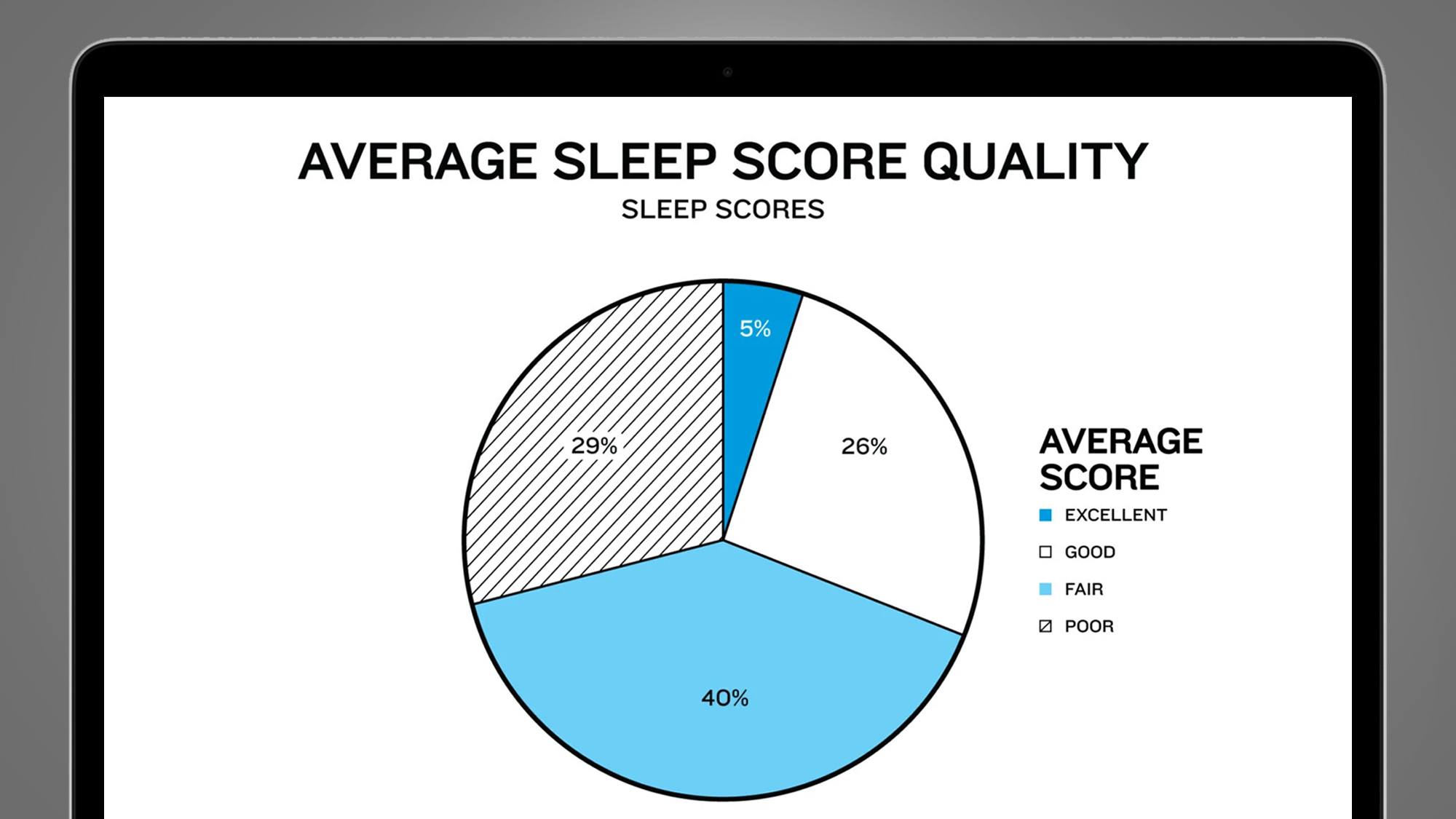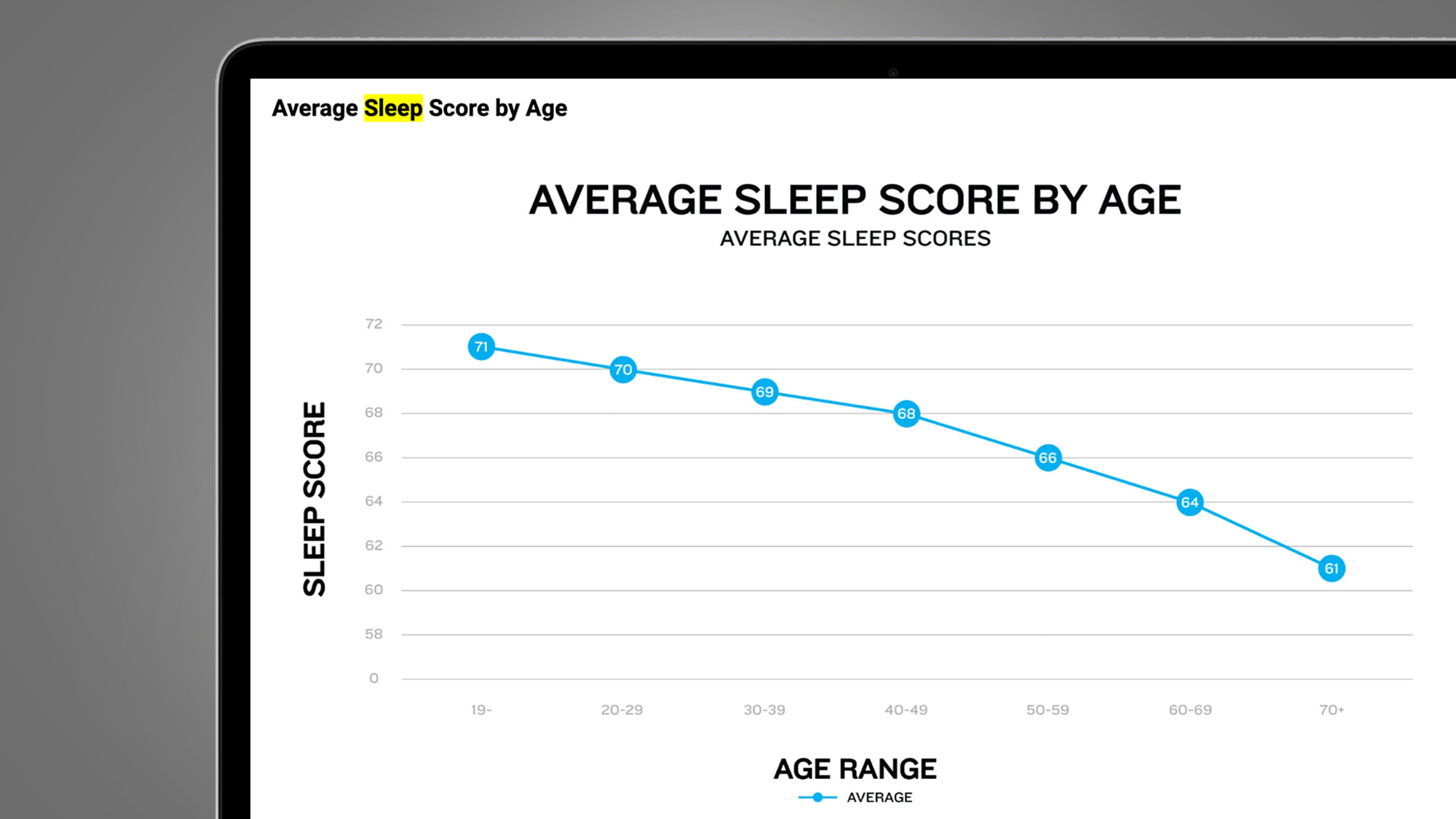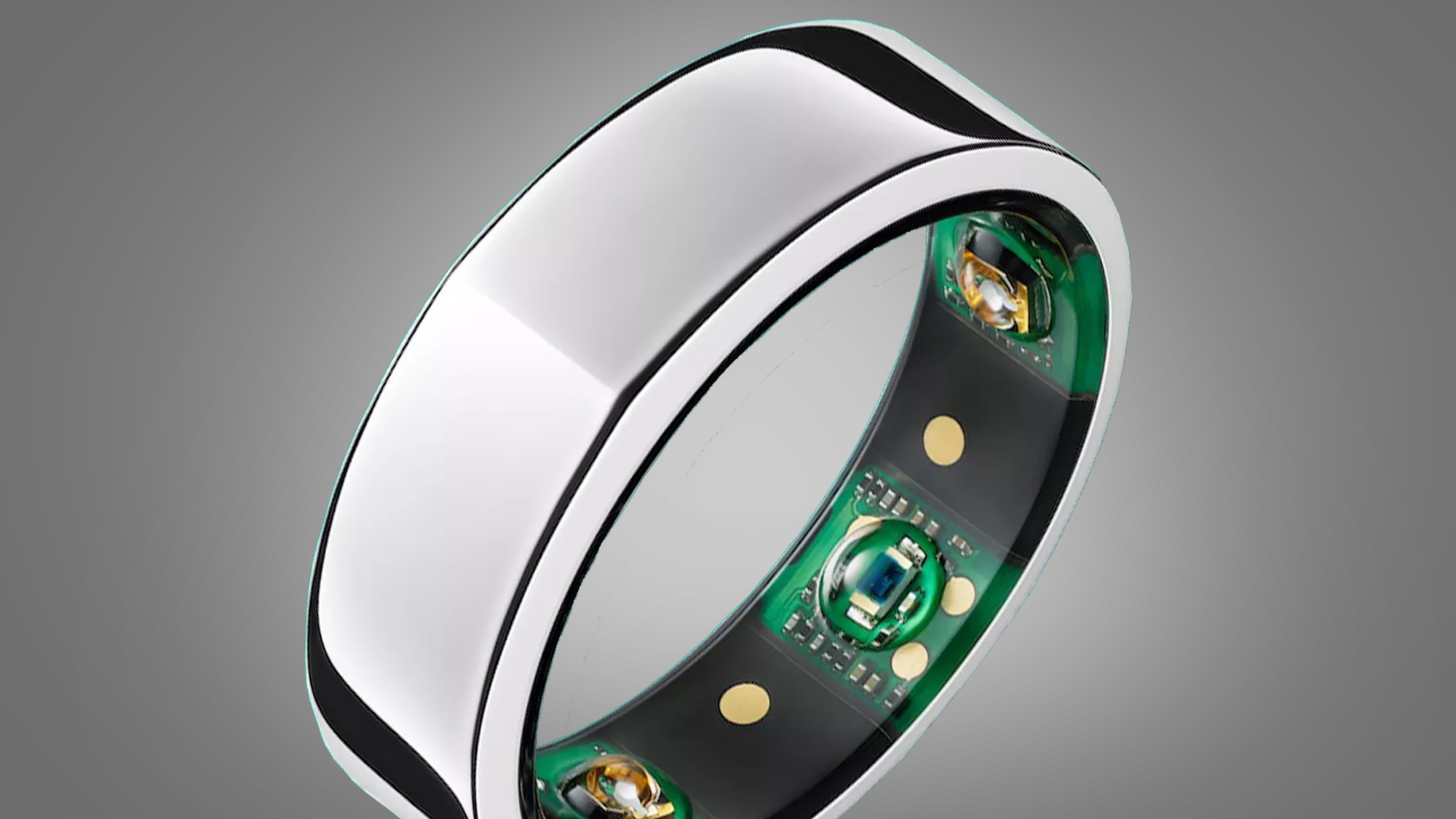Click here to visit Original posting
Smartwatches from the likes of Garmin and Apple now come with some impressive sleep-tracking skills – and a pair of new studies from the two companies show the wearables can also give us fascinating insights into our collective shut-eye. The short answer? Most of us could definitely be sleeping better.
The new data from Garmin's Sleep Score study and the 'sleep health' component of the Apple Heart & Movement Study has tracked the shut-eye of participants over two different periods during 2022. The broad conclusion from both studies is that around 70% of us are falling short of the recommended sleep duration or quality.
Both studies use different metrics, with Garmin's based on the Sleep Score feature found in many of its smartwatches, while Apple's focuses on sleep duration and timings due to the current sleep-tracking limitations of the Apple Watch. But this means the studies also provide some nice complementary insights.


For example, Garmin's data – taken from the last three months of 2022 – shows that 69% of its participants only achieved a Sleep Score that was rated 'poor' or 'fair'.
This score isn't just based on how long you slept for, but also your heart-rate variability, respiration and body movement, among other things. While Garmin watches don't rank among the best sleep trackers, this does give their data a bit more nuance than the Apple Watch.
Apple's study, taken from Apple Watch wearers using the Apple Research app between February and June 2022, showed that 68.8% of participants didn't get the recommended seven hours of sleep per night. The average time asleep was just six hours and 27 minutes.
Perhaps the most interesting aspects of both studies are the geographical and age variances they discovered for sleep. From Garmin's data, the countries with the worst Sleep Scores were (by some distance) Japan and, less so, the USA. By contrast, Garmin fans in the Netherlands would be topping the podium at the sleep Olympics, if such a competition existed.
Apple's more US-focused data drills down into variance between different states. According to its findings, those in Washington, South Dakota and Idaho had the highest proportion of people getting the recommended amount of sleep, with residents of Hawaii, Mississippi and West Virginia faring the worst.

Clearly, a lot of factors may have skewed that data, including the job type and age of participants, but a clearer insight from Garmin's study was that our sleep quality declines with age in a linear fashion. Its 'Sleep Score by age' graph (above) shows why you might not be feeling quite as refreshed after a night's kip as you did when you were younger.
Another interesting insight from Apple's study, particularly when it comes to getting a sense of how to improve your sleep quality, is its 'sleep variability' data. It compared the health outcomes of those who have regular sleep start times to those who start their sleep at wildly varying times of the evening, over the course of a month.
Its findings tallied with a recent Harvard study that showed that, in older adults, those who have variable sleep patterns are more likely to have a higher BMI (body mass index), get less sleep overall, and are more likely to show depressive symptoms, among other findings. That's why sticking to a consistent sleep and wake-up schedule is one of the (many) sleep-boosting tips offered in our special Sleep Week 2023 guide. But what else can you do to improve your shut-eye?
How to boost your sleep mode

When it comes to sleep, many influencing factors can be out of our control – for example, doing shift-work, having a young family or living through a pandemic can understandably impact our ability to get a regular sleep schedule. But both Apple's study and our collection of articles for Sleep Week 2023 highlight the many things we can control to improve our shut-eye.
The Apple Heart & Movement study concludes that "while it’s not always possible to maintain a consistent sleep schedule or duration (7-9 hours), what matters, just like with exercise, is the long term". It recommends "taking steps to be more aware of your sleep patterns and learning what works best for you", including (naturally) using the sleep-tracking powers of smartwatches like the Apple Watch.
While we don't consider the Apple Watch to be one of the best sleep trackers around, our Sleep Week guide does agree with one of the conclusions of Apple's study that establishing a consistent routine is key. Some of our other tips include avoiding caffeine after midday, avoiding vigorous exercise close to bedtime, using a good sleep app to help you relax, or using sleep earplugs to block out noise.
To celebrate Sleep Awareness Week, we also talked to experts about how to improve your sleep cycles, why you should embrace the 15-minute rule, and the best tactics for napping. And while using tech to improve your sleep might sound counter-intuitive, it can definitely help when done in the right way.
For example, one TechRadar writer has recounted how their Fitbit's sleep-tracking features changed their sleep for the better, while elsewhere we've rounded up the best sleep podcasts for falling asleep faster (spoiler alert: Sleep With Me and Nothing Much Happens are our current top two).
While Garmin and Apple's new studies might not be wide or conclusive enough for deep insights into our sleep patterns, they are a useful spring-board to finding new ways to improve shut-eye and boost your snoozes.